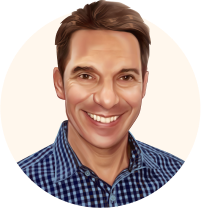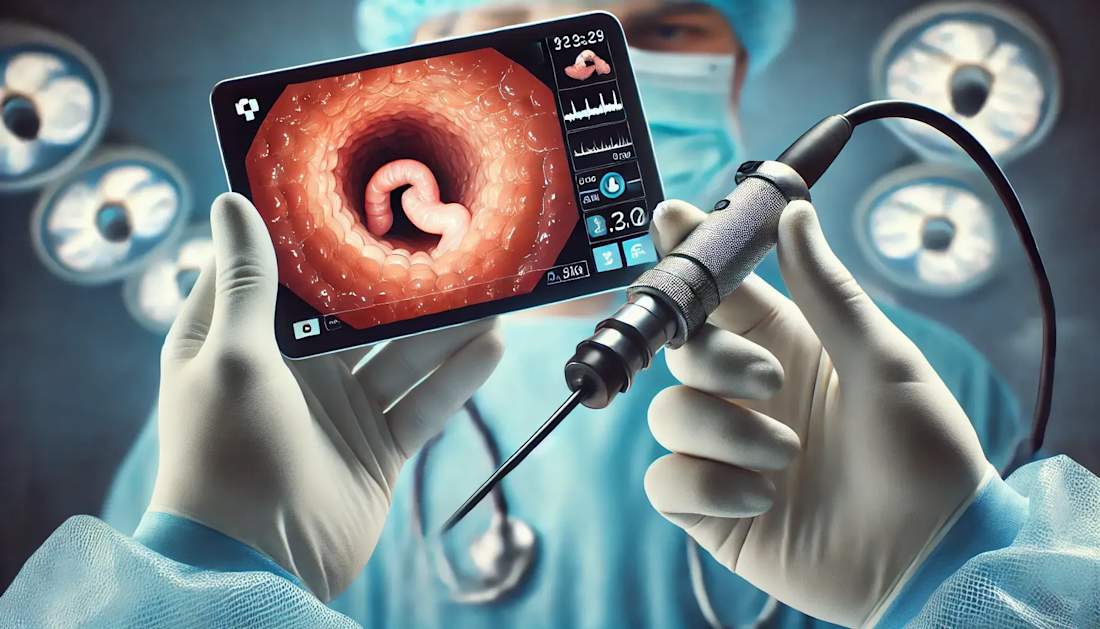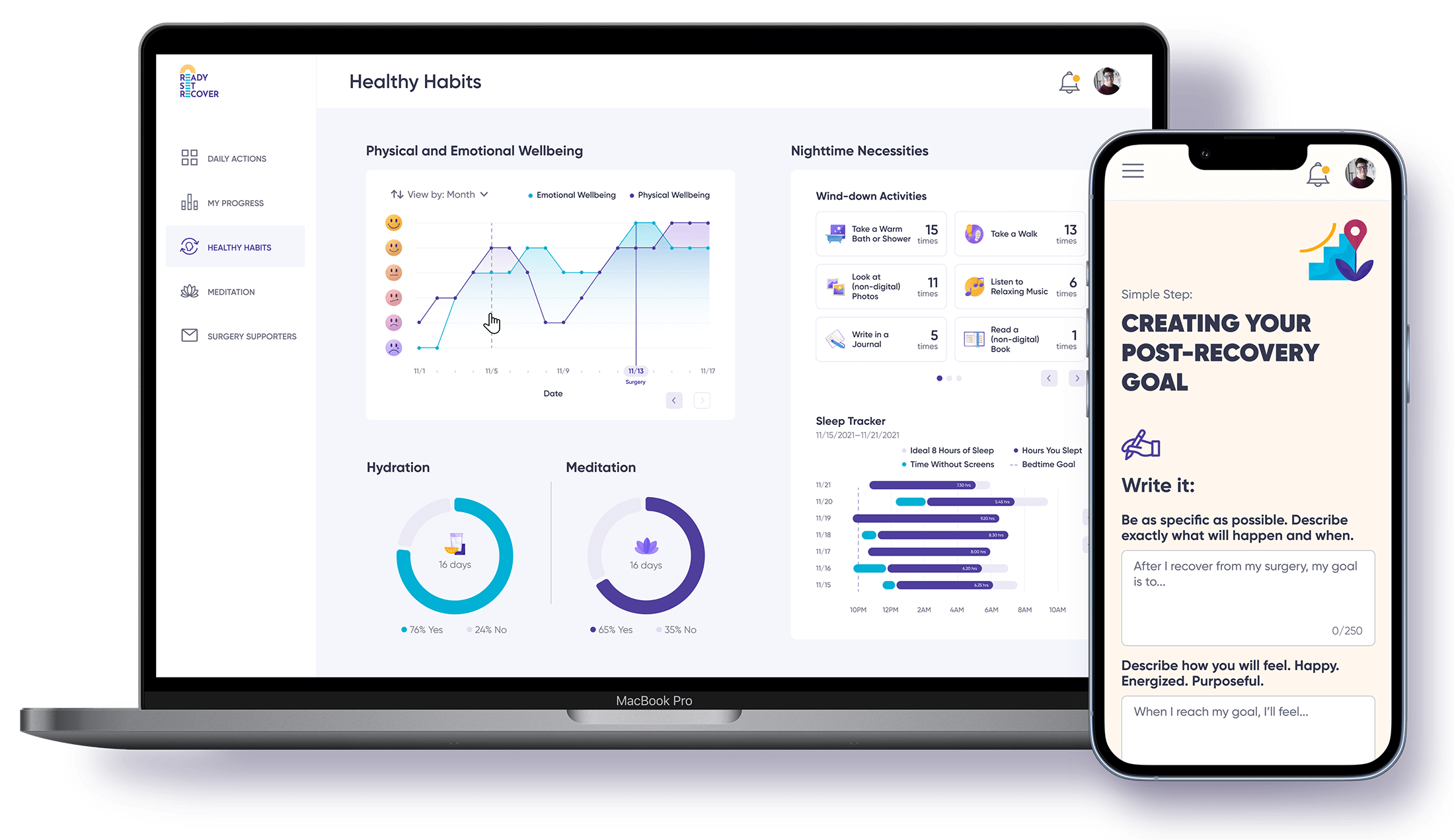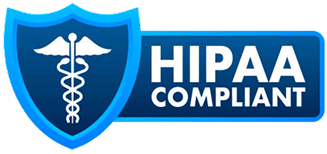What to Expect from an Upper Endoscopy


Getting ready for a medical procedure can be stressful, especially if you’re not sure what to expect. However, understanding the process and preparing properly for an upper endoscopy can greatly reduce anxiety and make you feel more in control. With a few simple steps, you can ensure that you are ready both mentally and physically for the procedure. Let’s walk through what an upper endoscopy is, why it is performed, and how to prepare for it to achieve the best possible outcome.
What Is an Upper Endoscopy?

An upper endoscopy is a quick, 15- to 30-minute procedure that lets doctors examine your esophagus, stomach, and upper small intestine using a thin, flexible tube with a camera. It helps detect issues like acid reflux, ulcers, and inflammation. Before the test, you’ll receive a mild sedative to help you relax. The doctor will gently guide the endoscope down your throat while you lie on your side. It’s painless, though you may have a mild sore throat afterward. This safe, effective test helps diagnose digestive problems that other scans might miss.
The endoscope is inserted through the mouth and then carefully guided down the throat, through the esophagus, and into the stomach and duodenum. Although this might sound uncomfortable, patients are typically given a sedative to ensure that they are relaxed and comfortable throughout the process. This sedative not only helps you relax but also prevents any pain or significant discomfort. Patients are usually not fully awake during the procedure; instead, they are in a sedated state, which allows them to be conscious enough to follow basic instructions if necessary but not aware of any discomfort.
The procedure itself typically lasts between 15 to 30 minutes, depending on what the doctor needs to examine and whether any additional procedures, such as biopsies, are performed. Once the doctor has completed the examination, the endoscope is slowly withdrawn, and you are taken to a recovery area to rest until the sedative wears off.
An upper endoscopy is not only useful for diagnosing issues but also for treating certain conditions, such as removing polyps, stopping bleeding, or collecting tissue samples (biopsies).
Reasons for an Upper Endoscopy
An upper endoscopy, also known as an upper GI endoscopy, is a valuable tool for diagnosing and monitoring various conditions affecting the upper digestive tract. Your doctor may recommend this procedure for several reasons:
Investigating Symptoms: If you are experiencing unexplained abdominal pain, difficulty swallowing, or gastrointestinal bleeding, an upper endoscopy can help identify the underlying cause. The procedure allows your doctor to visually examine your esophagus, stomach, and upper small intestine to pinpoint any abnormalities.
Diagnosing Conditions: Conditions such as gastroesophageal reflux disease (GERD), ulcers, and inflammation of the digestive tract can be accurately diagnosed through an upper endoscopy. This helps in formulating an effective treatment plan tailored to your specific needs.
Screening for Cancer: While primarily used for the upper digestive system, an upper endoscopy can also play a role in screening for colon cancer and other abnormalities. Early detection is key for successful treatment outcomes.
Monitoring Progression: If you have a known condition, such as Barrett’s esophagus or chronic gastritis, regular upper endoscopies can help monitor the progression and detect any changes early on.
Taking Tissue Samples: During the procedure, your doctor may take tissue samples (biopsies) for further examination. This can help diagnose infections, inflammation, or even cancer, providing a clearer picture of your digestive health.
Preparing for an Upper Endoscopy

Proper preparation is important to ensuring accurate results from your upper endoscopy. Following your doctor's instructions is strongly advised in the days leading up to your appointment. The endoscopy procedure involves specific steps and expectations that your healthcare provider will explain. These instructions will typically include dietary guidelines, medication adjustments, and logistical details about the day of the procedure. Following these steps carefully can make the experience smoother and ensure that the results of your endoscopy are as accurate as possible.
Dietary Guidelines Before the Procedure: Clear Liquids
One of the most important aspects of preparing for an upper endoscopy is avoiding solid food in the hours leading up to the procedure. In general, you will need to drink clear liquids and avoid eating any solid foods at least 8 to 12 hours before the procedure. This helps to ensure that your stomach is empty, which makes it easier for the doctor to see inside your digestive system clearly.
During this fasting period, you may be allowed to consume clear liquids. Acceptable clear liquids include water, apple juice, white grape juice, and clear broth. You may also be allowed to drink black coffee or tea, but make sure to avoid adding any cream or milk. The goal is to keep your stomach as clear as possible, and solid foods or opaque liquids can interfere with the examination process.
Avoiding solid foods and sticking to clear liquids the night before your procedure may feel restrictive, but it plays a key role in the success of the endoscopy. Planning your meals accordingly in the days leading up to your procedure can help you transition smoothly into this fasting period.
Medications and Health Considerations
If you are taking any medications, you should discuss these with your doctor well before the date of your endoscopy. Certain medications may need to be stopped or adjusted before the procedure. Blood thinners, for example, are often temporarily discontinued to reduce the risk of bleeding during the procedure. Other medications, such as those for diabetes, may also require special adjustments to ensure your safety during fasting.
Be sure to provide your doctor with a complete health history, including any health conditions you have and any medications or supplements you take regularly. This information will help your healthcare provider make informed decisions about how to adjust your treatment plan to accommodate the endoscopy. If you have conditions like diabetes, your doctor will give you specific instructions on how to manage your blood sugar levels before the procedure, especially since fasting can affect your glucose levels.
What to Expect During an Endoscopy

On the day of the endoscopy procedure, it’s normal to feel a little anxious. However, knowing what to expect can help ease your nerves. When you arrive at the medical facility, you will be taken to a pre-procedure area where a nurse will review your medical history and confirm that you followed the preparation instructions. You will then be given a sedative to help you relax. This medication may be administered through an intravenous (IV) line, and it will make you feel drowsy and comfortable.
Once the sedative has taken effect, the doctor will gently insert the endoscope through your mouth and guide it down into your digestive tract, specifically through your esophagus, stomach, and into the duodenum. You will not feel pain during this process, but you may feel some slight pressure or the urge to swallow as the endoscope is advanced. The camera on the endoscope transmits video images to a monitor, allowing your doctor to examine your digestive system.
If any abnormalities are found, the doctor may use the endoscope to take small tissue samples (biopsies). These samples can be tested later to help diagnose conditions like inflammation, infection, or even cancer. The procedure itself typically is fairly quick, but you will need to remain in the recovery area for a short time afterward to allow the sedative to wear off.
Reducing Anxiety and Stress
Feeling anxious or stressed before an upper endoscopy is completely normal. However, there are several strategies you can use to help manage these feelings:
Educate Yourself: Understanding the procedure and what to expect can significantly reduce anxiety. Read up on the process, watch informational videos, and ask your doctor for detailed explanations.
Communicate with Your Doctor: Don’t hesitate to discuss any concerns or questions with your doctor. Knowing that your healthcare provider is there to support you can be very reassuring.
Bring Support: Having a friend or family member accompany you to the appointment can provide emotional support and help you feel more at ease.
Try Relaxation Techniques: Methods like meditation, deep breathing, or listening to music can effectively help alleviate stress.
Follow Instructions: Adhering to your doctor’s instructions carefully can help ensure a smooth procedure, which in turn can alleviate some of your anxiety.
Questions to Ask Your Doctor
Before undergoing an upper endoscopy, it’s important to have a clear understanding of the procedure. Here are some questions you might consider asking your doctor:
Purpose and Expectations: What is the purpose of the upper endoscopy, and what can I expect during the procedure?
Risks and Complications: What are the risks and potential complications associated with the procedure?
Procedure Experience: How will I feel during and after the procedure? Will I experience any discomfort?
Outcomes and Health Implications: What are the possible outcomes, and what do they mean for my health?
Pre- and Post-Procedure Instructions: Are there any specific instructions I need to follow before or after the procedure?
Duration and Recovery: How long will the procedure take, and how long will I need to stay in the hospital or clinic?
After the Procedure: Care and Recovery

Once the endoscopy is complete, you will be moved to a recovery area where medical staff will monitor you as the sedative wears off. It’s normal to feel drowsy or slightly disoriented immediately after the procedure, so it’s important to rest until you feel more alert. Because of the effects of the sedative, you will need someone to drive you home. Make sure to arrange this in advance so that you can leave the facility safely.
You may experience some mild symptoms after the procedure, such as a sore throat, bloating, or gas. These symptoms are generally minor and should resolve within a day or two. Drinking cool liquids or eating soft foods can help soothe a sore throat. Avoiding heavy or spicy foods for the first 24 hours after the procedure can also help prevent any digestive discomfort.
Your doctor will give you specific instructions regarding when you can resume eating normally and whether you need to avoid any particular foods or activities. Typically, you can return to a light diet as soon as you feel ready. It is also important to follow any instructions regarding medications—some medications may need to be resumed, while others may require ongoing adjustments. Your doctor will let you know when to expect results if any biopsies were taken during the procedure.
Follow-Up Care and Results
After your upper endoscopy, following your doctor’s instructions will help ensure a smooth recovery. Here are some key points to keep in mind:
Dietary Guidelines: Follow your doctor’s instructions for eating and drinking after the procedure. You may need to start with clear liquids and gradually return to your normal diet.
Medication: Take any prescribed medications as directed by your doctor. This may include pain relievers or medications to prevent infection.
Rest and Activity: Rest and avoid strenuous activities for the recommended amount of time. This helps your body recover and reduces the risk of complications.
Follow-Up Appointments: Schedule and attend follow-up appointments to discuss the results of your procedure and any further treatment or testing that may be needed.
Monitor Symptoms: Keep track of any symptoms or changes in your health and report them to your doctor promptly. This includes any severe pain, fever, or unusual symptoms that may arise.
By following these guidelines, you can ensure a smooth recovery and get the most accurate results from your upper endoscopy.
What Happens After an Upper Endoscopy
Preparing for an upper endoscopy doesn’t have to be complicated or overwhelming. By following your doctor’s instructions, adhering to the dietary guidelines, and planning for transportation after the procedure, you can ensure that everything goes smoothly. This preparation helps your healthcare team get the most accurate results possible, which in turn helps them provide you with the best care for your digestive health. Remember, the better you prepare, the easier the procedure will be, and the more confident you will feel throughout the process.
If you have any questions or concerns in the days leading up to your endoscopy, do not hesitate to contact your doctor. Understanding each step of the procedure and knowing what to expect can go a long way toward easing your mind and making your experience as comfortable as possible.
Frequently Asked Questions
What should you avoid before an endoscopy?
It’s important to follow your doctor's specific instructions, but generally, you should avoid eating solid food and stop drinking anything a few hours beforehand. You should also avoid alcohol, as it can interfere with sedation.
Can I take my medications before the endoscopy?
Some medications may need to be stopped or adjusted before the procedure, particularly blood thinners. Always discuss your medications with your doctor beforehand so they can provide you with specific instructions.
Do I need someone to accompany me on the day of the procedure?
Yes, because the sedative can make you groggy, it’s crucial to have someone drive you home after the procedure. If you don't have someone available, consider using public transportation or a rideshare service.
Will I feel pain during the procedure?
You won’t feel pain during the procedure because you will be given a sedative to help you relax. However, you may feel slight pressure or discomfort as the endoscope is inserted.
How long does it take to recover after an endoscopy?
Most people feel back to normal within a day. You might experience a mild sore throat or bloating, but these side effects usually subside quickly. It’s recommended not to drive or do anything strenuous for the rest of the day.
Can I eat immediately after the procedure?
Your doctor will give you specific instructions about when to resume eating. Usually, you can start with light foods and gradually return to your normal diet as tolerated.
What are the risks of an endoscopy?
Endoscopy is generally very safe, but there are some risks, including bleeding, infection, or a tear in the digestive tract. These risks are rare, and your doctor will discuss any specific concerns with you before the procedure.
What diseases can be detected by an endoscopy?
Endoscopy can detect ulcers, inflammation, infections, celiac disease, polyps, tumors, Barrett’s esophagus, Crohn’s disease, and gastrointestinal bleeding.






